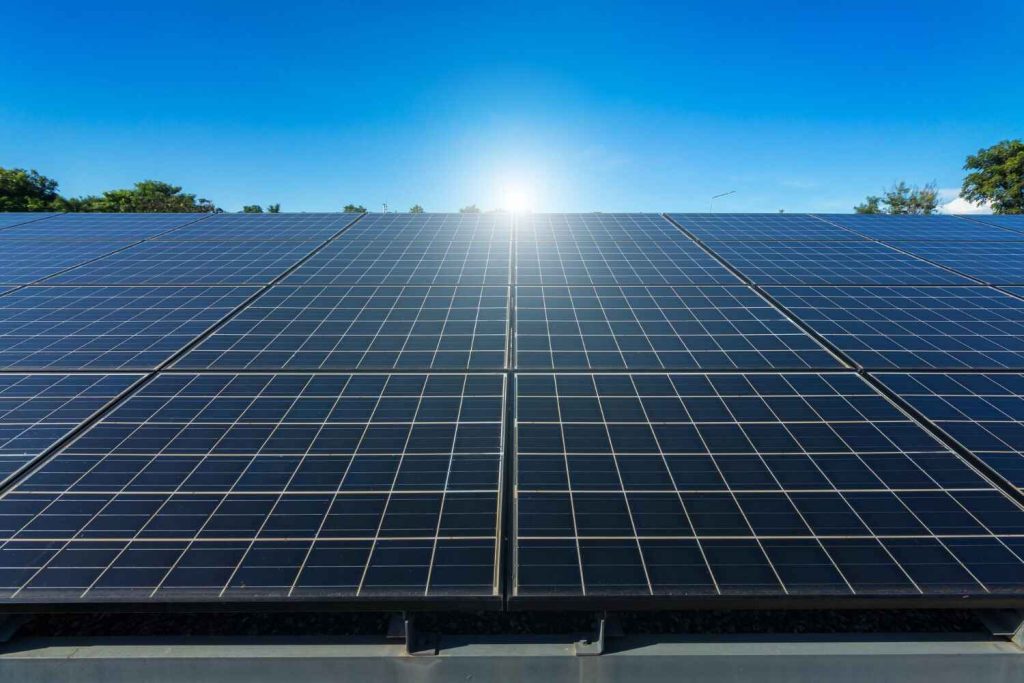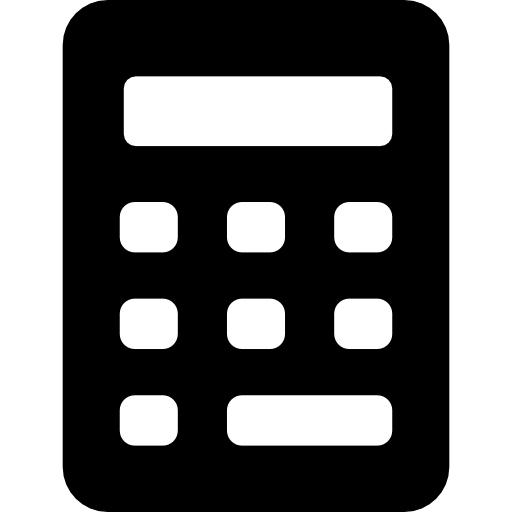As the push for renewable energy intensifies, smart solar panels are emerging as a transformative force in enhancing energy efficiency. Unlike traditional solar panels, which simply convert sunlight into electricity, smart solar panels integrate advanced technologies to optimize performance, monitor system health, and maximize energy production. The Impact of Smart Solar Panels on energy efficiency is substantial. These advanced panels, equipped with intelligent features, optimize energy capture and storage
At Redington Solar, we are enthusiastic about how these innovations are reshaping the solar landscape and driving us toward a more sustainable future. Let’s delve into how smart solar panels are making a significant impact on energy efficiency.
What Are Smart Solar Panels?
Smart solar panels are an advanced type of photovoltaic (PV) system that incorporates sensors, microcontrollers, and communication technologies to enhance the functionality of traditional solar panels. These panels not only generate electricity but also use real-time data to optimize performance, identify potential issues, and improve overall energy efficiency.
Key Benefits of Smart Solar Panels
- Enhanced Performance Monitoring
Another advantage of smart solar panels is that they offer performance data tracking as one of the key benefits. These are fitted with sensors and data loggers that monitor several parameters including solar irradiation, temperature, and power. This real-time data assists in diagnosing problematic panels, evaluating the efficiency of the system, and making decisions to increase energy generation.
- Real-Time Troubleshooting
Smart solar panels have integrated features that enable diagnosis of the problems that may be affecting the system. If a panel or a component is not working well, the system can send a signal to the owner or the maintenance team. Such a strategy of problem identification and solving contributes to the reduction of time wastage and ensures optimal productivity.
- Dynamic Optimization
Smart solar panels are different from conventional panels which work at a certain efficiency level; they use MPPT technology to change their efficiency levels depending on the prevailing circumstances. This means that the panels can adjust the energy output in real time to compensate for the fluctuations in the amount of light, temperature, and shading so that they will be working at their optimum level at all times of the day.
- Improved Energy Harvesting
Smart solar panels use microinverters or power optimizers to get the most out of the panels. These devices are more efficient in converting the DC produced by the panels into AC and also enable the optimization of the panels one at a time. This means that even if some of the panels are shaded or dirty, the other panels can still work efficiently thus producing more energy in the long run.
- Enhanced Grid Integration
As a result of the development of smart grids, smart solar panels are used to incorporate solar energy into the larger system. They can interact with the grid management systems for supply-demand management, energy storage, and demand response programs. This integration assists in maintaining the stability of the grid and therefore increases the reliability of renewable energy sources.
Challenges and Considerations
Despite their numerous advantages, smart solar panels do come with some challenges:
- Higher Initial Costs: The advanced technology and components used in smart solar panels often come with a higher initial cost compared to traditional panels. However, the long-term benefits in terms of increased efficiency and reduced maintenance can offset this investment.
- Complexity: The integration of smart technologies adds complexity to the installation and maintenance of solar systems. Proper training and expertise are required to manage and troubleshoot these systems effectively.
- Data Security: With the increased use of data and communication technologies, ensuring the security of sensitive information is crucial to protect against potential cyber threats.
The Future of Smart Solar Panels
The future of smart solar panels looks promising as technology continues to evolve. Advancements in artificial intelligence (AI), machine learning, and IoT (Internet of Things) will further enhance their capabilities, making solar power more efficient and user-friendly. As these technologies become more accessible and affordable, smart solar panels will play an increasingly vital role in the transition to a greener, more sustainable energy future.
At Redington Solar, we are committed to leading the way in solar innovation and efficiency. By embracing smart solar panel technology, we aim to provide our customers with cutting-edge solutions that enhance energy efficiency and contribute to a cleaner, more sustainable world. As smart solar panels continue to evolve, their impact on energy efficiency and overall system performance will only grow, paving the way for a brighter and greener future.







